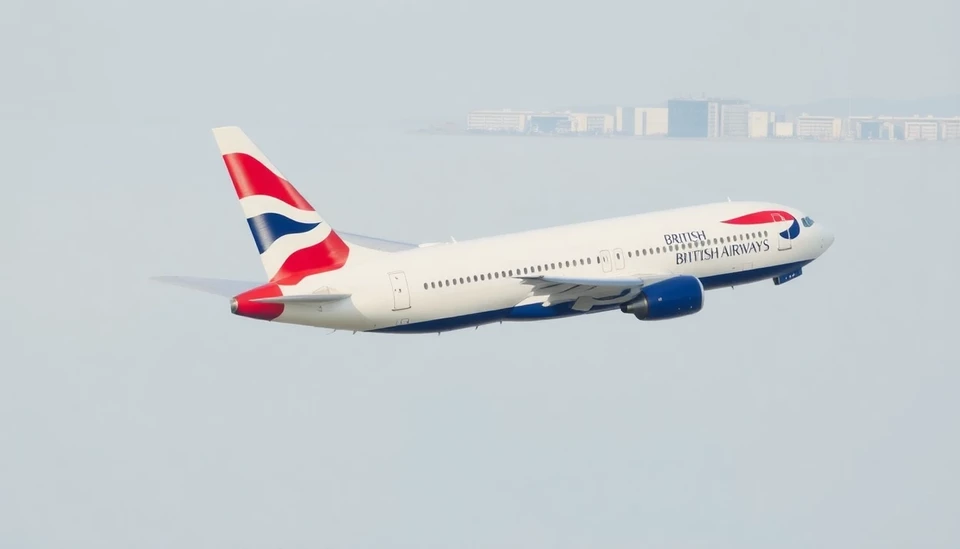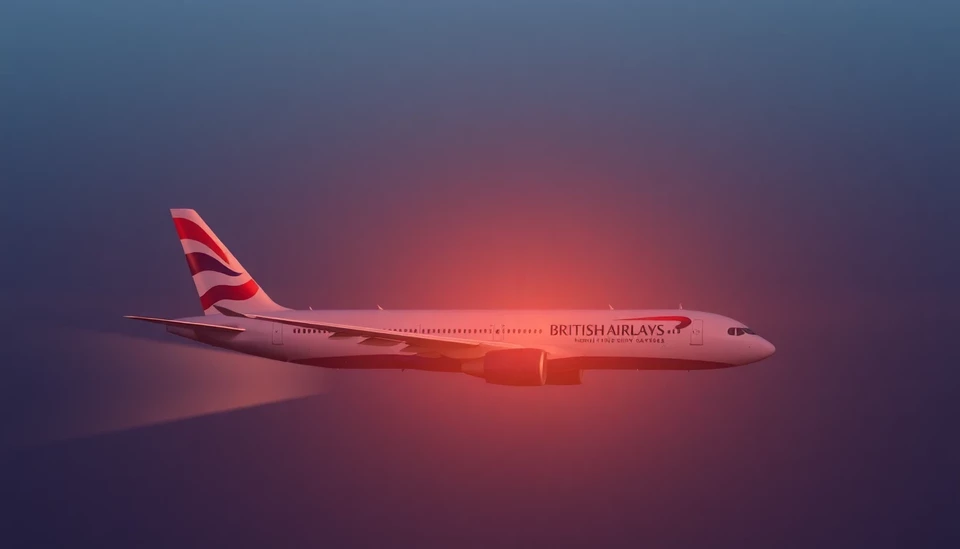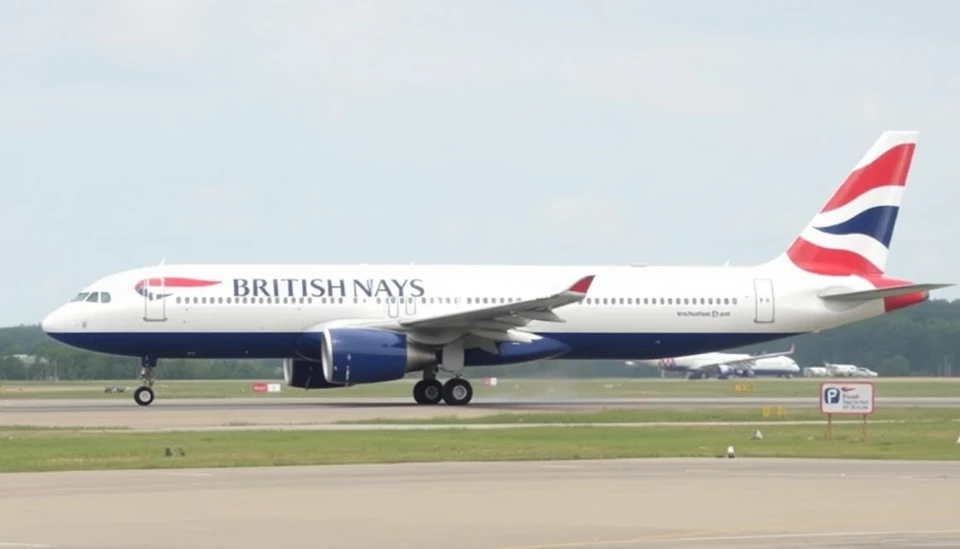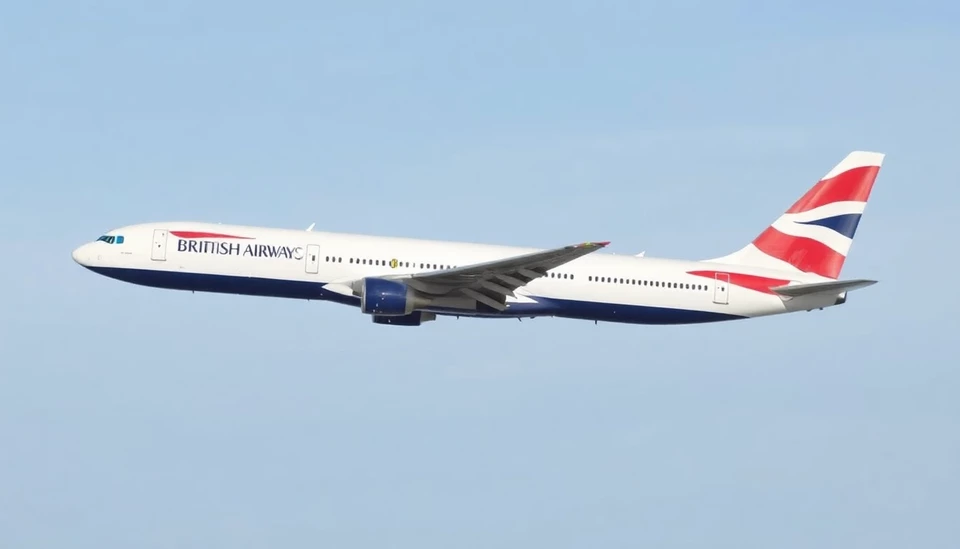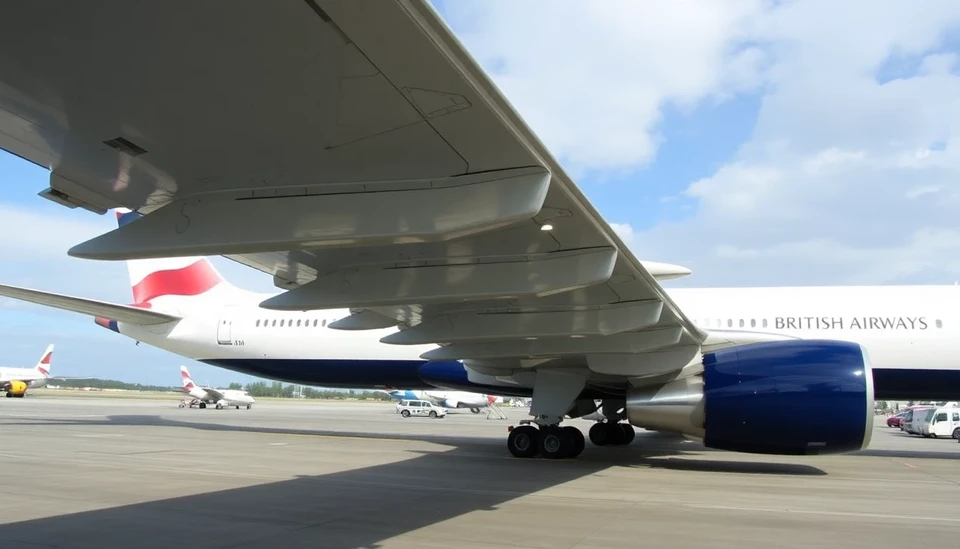
British Airways is currently grappling with significant operational challenges following a series of engine-related issues impacting its long-haul flight capabilities. This recent disruption has raised concerns among travelers and aviation analysts alike, particularly as the airline struggles to meet demand during a bustling period for international travel.
The airline's predicament centers around a limited availability of its long-haul fleet, primarily stemming from mechanical complications involving the engines manufactured by Rolls-Royce. Reports indicate that these technical failures have led to flight cancellations and delays, stranding passengers and diminishing reliability during a peak travel season. Consequently, the airline is left in the difficult position of trying to stabilize its service while managing customer expectations.
Adding to the predicament, British Airways has been compelled to withdraw eight of its Boeing 787 Dreamliner aircraft from service. This significant reduction in fleet size has prompted the airline to reallocate services and modify its existing flight schedules extensively. Passengers looking to book long-haul flights may now face limited options and adjustments or cancellations to their itineraries.
The airline has publicly acknowledged the engine issues, emphasizing their commitment to ensure safety and reliability while they navigate these challenges. In a statement, British Airways expressed regret for the inconvenience caused to their customers and noted they are actively working with Rolls-Royce to expedite the return of the grounded jets to operational status.
Industry experts highlight the broader implications of these engine troubles for British Airways, especially in an era where airlines globally are trying to rebuild operations post-pandemic. The timeliness of flights and customer satisfaction are crucial as airlines compete in a recovering travel market. Analysts point out that continued disruptions could further tarnish British Airways' reputation and impact its market position amidst heightened competition from other airlines, many of which are expanding routes and improving service offerings.
As the airline continues to cope with the fallout from these engine issues, passengers are advised to stay updated on their flight statuses and remain in contact with British Airways for assistance. Travelers are being encouraged to check the airline's website or mobile app for real-time information related to any modifications to their travel plans.
The current situation has not only highlighted potential weaknesses in British Airways' operational framework but has also raised questions about the effectiveness of partnerships with aircraft manufacturers, particularly during critical circumstances. Stakeholders within the aviation industry will undoubtedly be monitoring how British Airways manages this challenge and the long-term ramifications it may have on their service offerings.
#BritishAirways #AviationNews #TravelDisruption #EngineFailures #LongHaulFlights #CustomerService #RollsRoyce
Author: Victoria Adams
